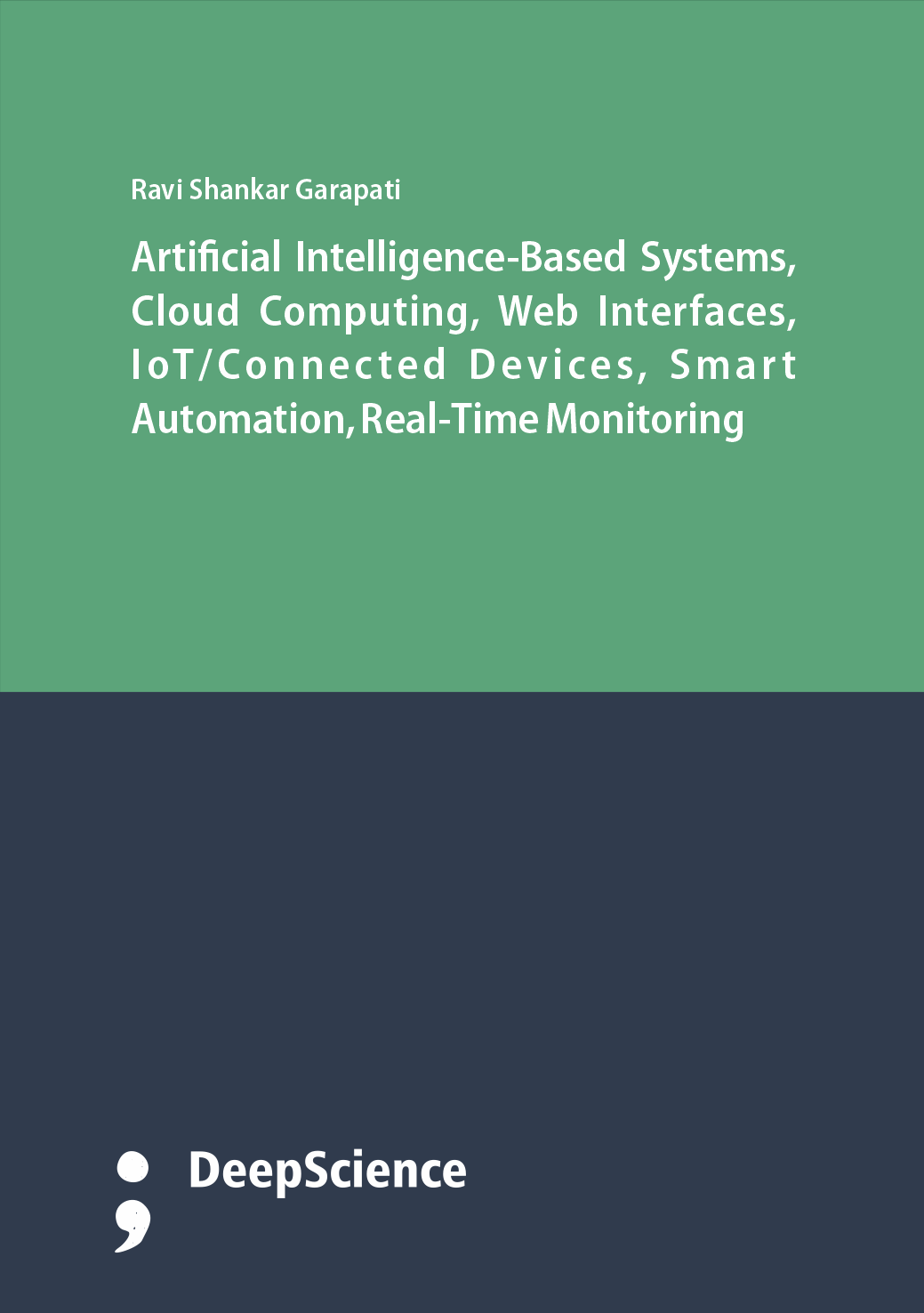Architecting AI-Based Systems for Scalable and Adaptive Digital Ecosystems
Synopsis
A great variety of systems are being developed using Artificial Intelligence (AI) technologies. In the context of intelligent Digital Ecosystems, the capacity of the AI-based systems to adapt dynamically is highly desirable, even in domains where scalability is an important requirement. Specifically, AI models are currently applied for the automatic control of three elements of a Digital Ecosystem environment: the integration of services from different providers, services that offer the same functionality or capability, and the exchange of data and information between the components of the ecosystem. This approach contributes to satisfying scalability requirements in Digital Ecosystems.
To face the requirements of scalability and adaptability in the control of smart Digital Ecosystems, an architectural framework that facilitates the integration of different AI-based control modules was developed. Based on it, it is possible to incorporate machine learning models, online training methods, and different data management alternatives. The services that perform the roles of Data Collector and Data Manager allow the implementation of an adequate operation of the system, collecting, storing, and providing the required data and information for the training and execution processes of any AI-based service that needs to be used. This architecture is intended to support the development of intelligent systems that require adaptability and scalability features in the context of Digital Ecosystems.













